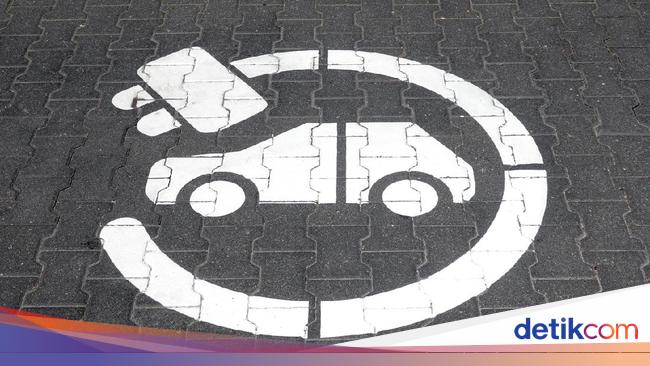Jakarta –
Electric vehicles are considered as a solution to environmental problems because they do not emit direct emissions. However, there are still some potentials that affect the environment.
The Head of Sub-Directorate for Air Pollution Control at the Ministry of Environment and Forestry, Ratna Kartikasari, said that there was some potential for waste generated from electric vehicles. First from the power source. If power plants to charge batteries still use fossil fuels such as coal, the emissions will still be there.
“If we still use coal as fuel, we only move the problem, in urban areas it’s okay, but then in the suburbs it still produces emissions,” Ratna said in a discussion held by the Commission for the Elimination of Leaded Gasoline (KPBB), Wednesday (3/3/2020). 8/2022).
ADVERTISEMENT
SCROLL TO RESUME CONTENT
–
Therefore, he assessed that the use of fossil fuels in power plants also needs to be taken into account.
In addition to the matter of power generation, the manufacture of electric vehicle batteries also has the potential to cause waste. According to Ratna, there is mining of metals and minerals that have the potential to cause damage and environmental pollution.
“Then the manufacturing process of the battery itself has the potential to produce waste water and emissions. Finally, used batteries after use, their recycling must also be taken into account,” he said.
Furthermore, the matter of recycling electric vehicle batteries, according to Ratna, also has the potential to produce waste water, B3 waste and emissions. Lithium batteries generally consist of a casing, anode, cathode, separator, electrolyte, and other components. Batteries in electric vehicles generally use lithium-ion batteries such as NCA (lithium nickel cobalt aluminum oxide) and NMC (lithium manganese cobalt oxide). Lithium batteries contain heavy metals that can pose environmental risks and organic compounds that have adverse effects on animal and human health.
Lastly, the potential for electrical panel waste from post-use vehicles. It is also a potential e-waste if not managed properly.
“So this must be prepared. Not only focus on electric vehicles,” said Ratna.
The Ministry of Environment and Forestry has issued Regulation of the Minister of Environment and Forestry No. 12 of 2021 concerning Quality Standards for Lithium Battery Recycling Emissions. This is a commitment and support for the use of electric vehicles as an environmentally friendly means of transportation. Waste water quality standards for lithium mines have been issued. Meanwhile, the waste water quality standard for the production process of lithium batteries for electric vehicles is in the process of being published.
Watch Videos”Not Only Sedans, Bluebird Also Has an Electric MPV Line from BYD“
[Gambas:Video 20detik]
(rgr/lth)
–

